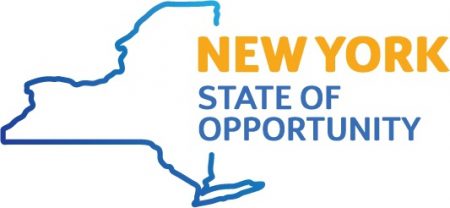
The Start-UP NY economic development program does one thing well: it gets people talking. The one-year-old program started generating headlines from the moment it was announced, in part due to its ambitious – some would say excessive – use of subsidies. The program creates tax-free zones to connect start-up companies in targeted industries with university research and development resources. Companies that locate in the zones are exempt from paying any taxes — including sales taxes, business or corporate state and local income taxes, and property taxes — and employees of companies enrolled in the program pay no personal income tax for the first five years, and a reduced income tax rate for the second five years.
Last month, the state’s Empire State Development agency produced a report on the program’s outcomes revealing that in its first year it created only 76 jobs yet spent $53 million advertising the program nationwide. Though officials maintain that the program’s slow start and high cost are to be expected from a program in its first year, Start-UP NY already has many critics.
Groups from both the left and the right — including the state’s Conservative Party, Working Families Party, National Federation of Independent Businesses, Reinvent Albany, Citizen Action, and the Fiscal Policy Institute — have come together to call for an end to the program. State Assemblyman Kieran Lalor (R-East Fishkill) has introduced legislation to repeal the program, calling Start-UP NY “an expensive gimmick.”
Watchdog groups have good reason for concern. Some perceive similarities with the Empire Zone program which was ultimately dismantled in 2010, and widely criticized for poor results and corruption. Indeed, there are already early signs of problems with Start-UP NY. According to a review by The New York Times of the program’s participants (based on the ESD report), only about half of the businesses enrolled in the program in 2014 were actually new companies, the others are businesses relocating from within New York State, or from out of state. One company moved just one mile to qualify for enrollment
There’s also controversy about the cost of advertising the program. An audit by Comptroller Thomas DiNapoli found that the state performed no evaluation of the Start-UP NY promotional campaign and actually does not have a metric for doing so.
Based on Start-UP NY’s initial results, the criticism it has received in its first year is clearly justified, raising questions about the future of the program.